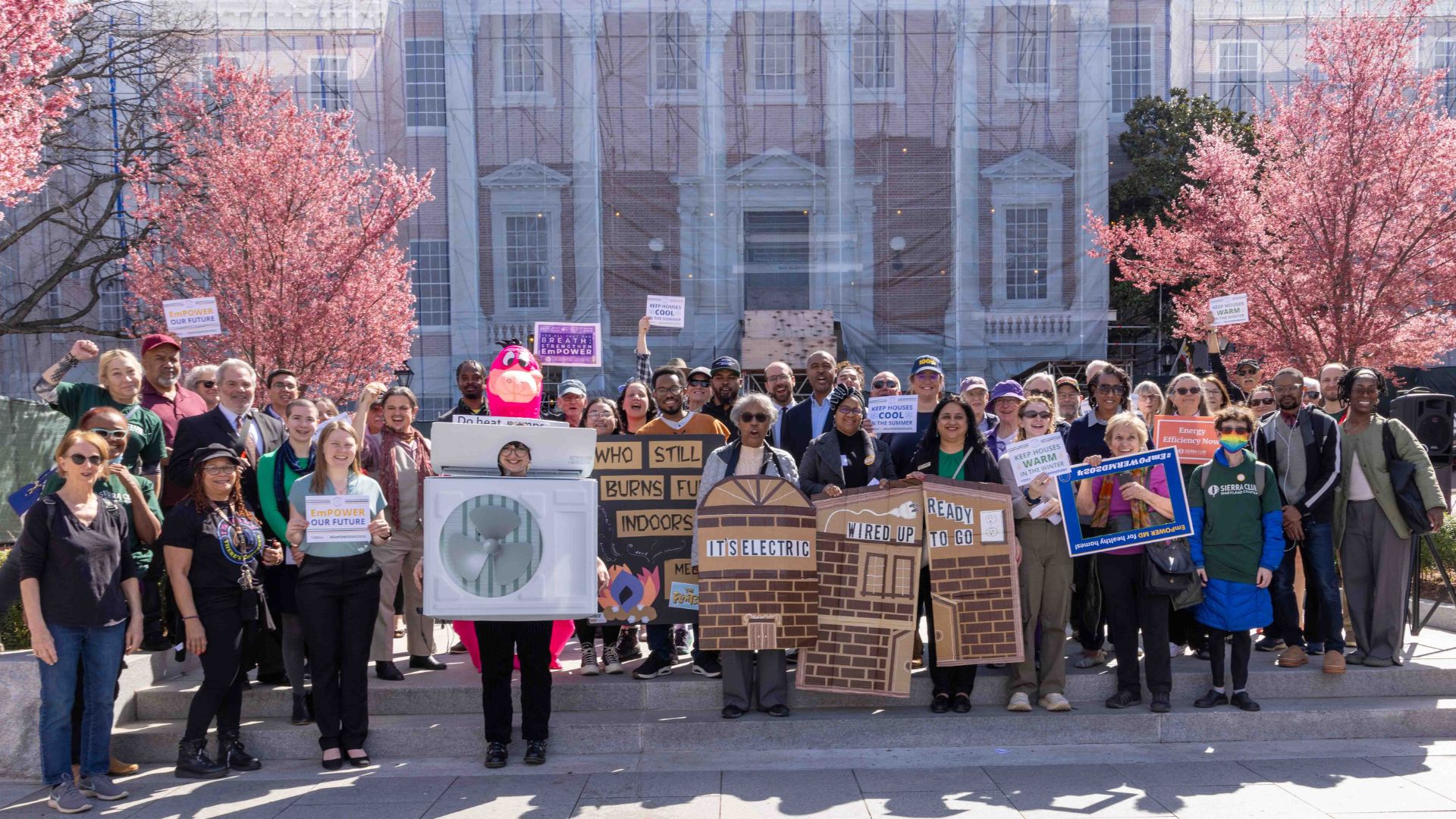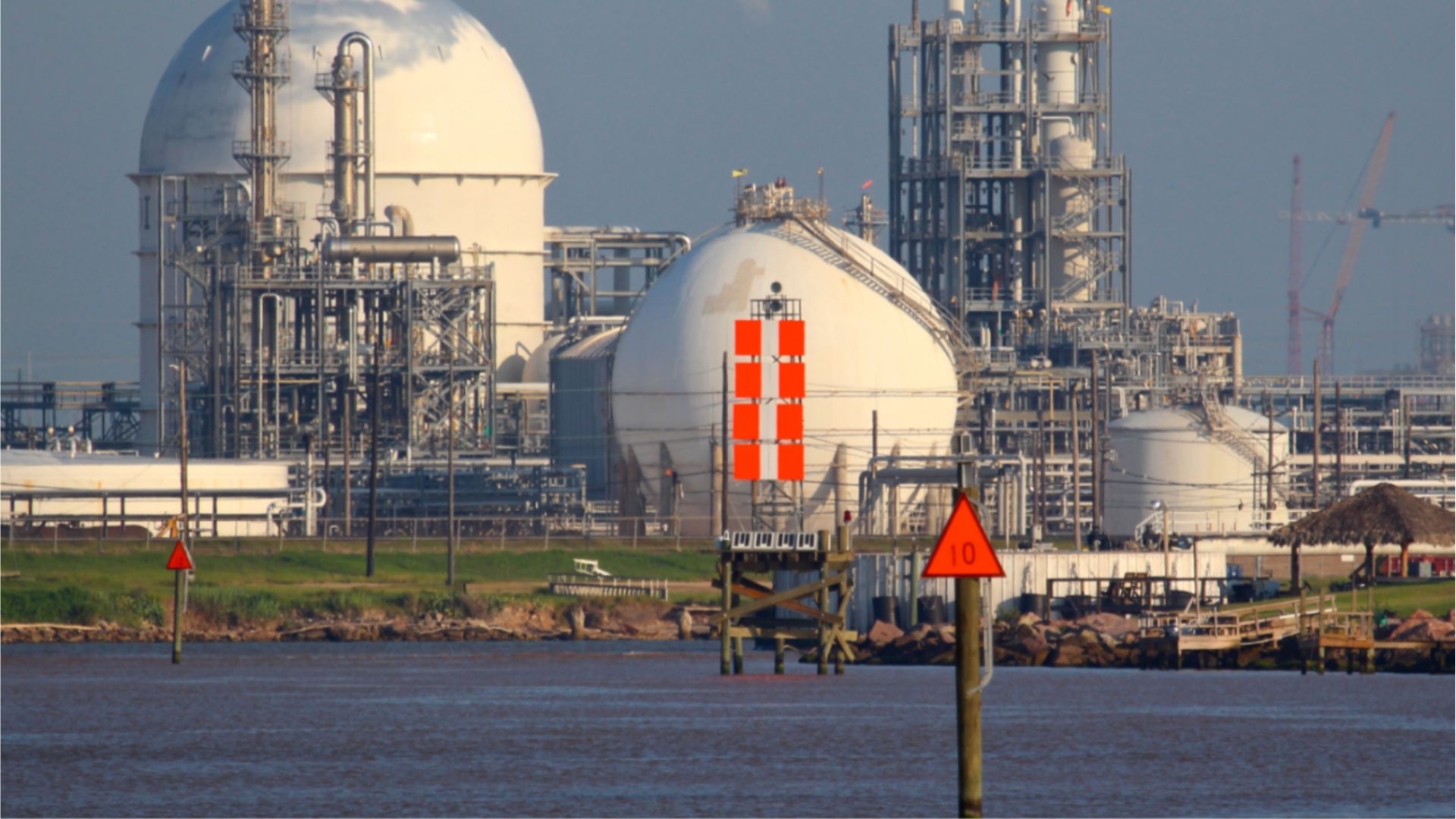Far From Done: Statement on Controversial Chemical Law Signed by President
Maryland PIRG is disappointed with the overhaul of the Toxic Substances Control Act (TSCA), which passed Congress this month and was signed by the President last week. While the reforms improve some of the EPA’s authority to test and regulate chemicals, the law falls far short of keeping toxic chemicals out of the products we buy and use. In the aftermath of TSCA reforms, states can – and should – continue to play a vital role in protecting families from chemical exposure.
Maryland PIRG is disappointed with the overhaul of the Toxic Substances Control Act (TSCA), which passed Congress this month and was signed by the President last week. While the reforms improve some of the EPA’s authority to test and regulate chemicals, the law falls far short of keeping toxic chemicals out of the products we buy and use. In the aftermath of TSCA reforms, states can – and should – continue to play a vital role in protecting families from chemical exposure.
We can all agree that the previous federal toxic chemical law was broken: In 40 years and over 80,000 chemicals on the market, only 2% were assessed for safety. Dangerous substances like formaldehyde, BPA, and more are found in products we use on a daily basis, exposing us to harmful health effects from cancers to developmental and respiratory issues.
The reforms offer select improvements to the framework under which the EPA tests and regulates chemicals. In particular, the EPA’s mandate to choose the ‘least burdensome’ way to regulate a chemical was removed, as was the requirement of a cost-benefit analysis, which was replaced with a health-only standard. The new bill also requires the EPA to identify populations disproportionately affected by a chemical, such as workers in a specific industry or children. These are significant improvements, but they don’t go far enough.
More than anything, the reforms to TSCA serve as a call to action to states like Maryland, who have led the fight to protect us from toxic chemical exposure. In recent years, Maryland has regulated six dangerous chemicals: banning BPA from baby bottles and sippy cups, restricting heavy metals like cadmium and lead, and banning toxic flame retardants in baby products.
Ours is just one of many states that have stepped up in the absence of federal protections. Earlier this year, for example, Washington State won a ban on a dangerous flame-retarding chemical in children’s clothes and furniture, which are toxic to the touch and emit cancerous fumes when they do burn, putting firefighters and children at risk. Similarly, New York is considering a ban on triclosan, another endocrine-disruptor found in toothpastes and soaps.
While some state authority will be restricted moving forward, there are many important measures Maryland and other states should take, including disclosure and labeling laws and chemical ingredient requirements for food and cosmetics products.
Even under the TSCA reforms, the federal system will be slow and complicated. As states, it is our job to pass laws and put pressure on the industry and on lawmakers, alike. Together, we can help keep our families safe from chemical exposure.
More information is available from Safer Chemicals, Healthy Families, the Environmental Working Group, and the Breast Cancer Fund.
Topics
Authors
Juliana Bilowich
Find Out More

2024 Maryland Legislative Session: Wins and Losses

Protecting Maryland Water from PFAS Pollution

PIRG’s warmest wishes for a safe and happy new year

